Thanksgiving is America’s day to celebrate football, awkward political conversations, and the gluttonous consumption of land-bound fowl. Seriously, Americans eat a lot of turkey, the number is 46 million annually.
The holiday break is a time for family and giving thanks, but also for waiting online overnight to snag some great Black Friday deals. Last year, more than 154 million people shopped in stores and online the day after celebrating all their blessings in life, per survey data collected by the National Retail Federation.
Over the years, we’ve written about various aspects of Thanksgiving: From strident praise of the pumpkin pie, to the environmental impacts of our turkey dinners, and even a story about returning home from abroad to celebrate Turkey Day in the park.
Now loosen that belt, sit back, and enjoy some of our best Thanksgiving stories, new and old:
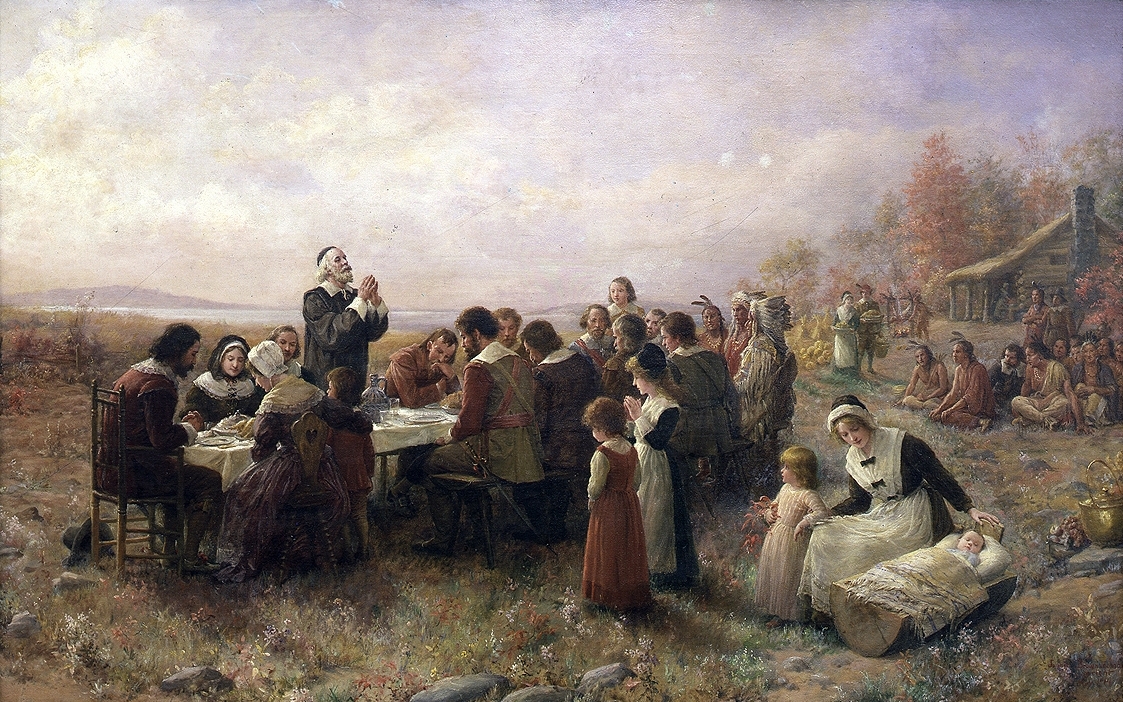
The Invention of Thanksgiving
Everything must be invented, and the modern Thanksgiving—feast, founding story, and all—is no exception. The American holiday developed over centuries, in pace with the larger culture. Early Americans might have trouble recognizing the holiday if they could see it today, but there is plenty for current celebrants to learn from that history. Tracing whatever the dominant culture celebrated in successive eras reveals a strange and sometimes brutal tour of the past.
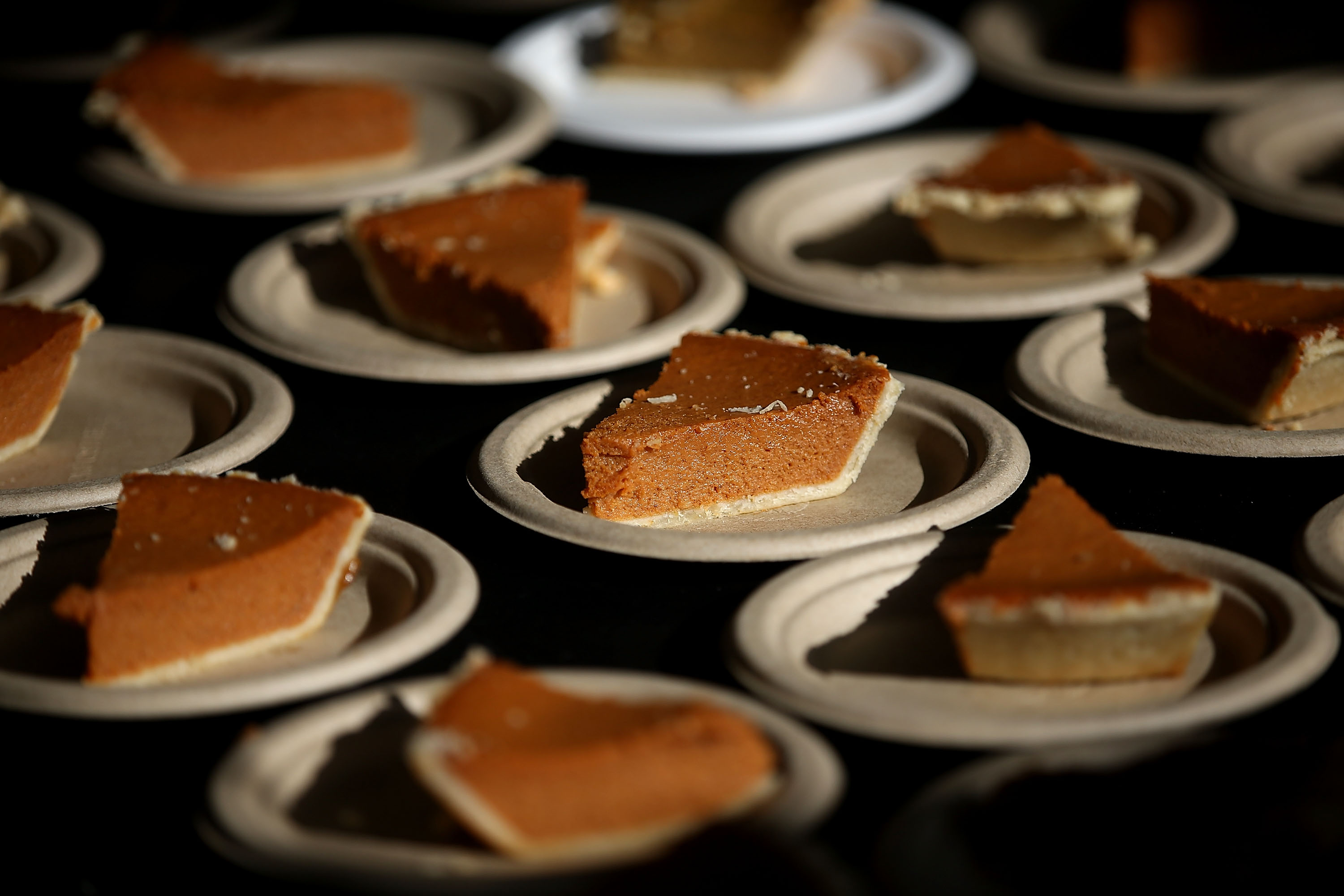
In Praise of Pumpkin Pie, the Only Reason to Celebrate Thanksgiving
Thanksgiving is a generally pointless holiday. What it’s celebrating, I’m not exactly sure. A mental time machine of sorts that lets us ignore years of bloodshed, mass graves, near-extermination, and a still-currently-happening marginalization of a race of human beings? I just don’t know. What I do know: Pumpkin pie is a reason to live.
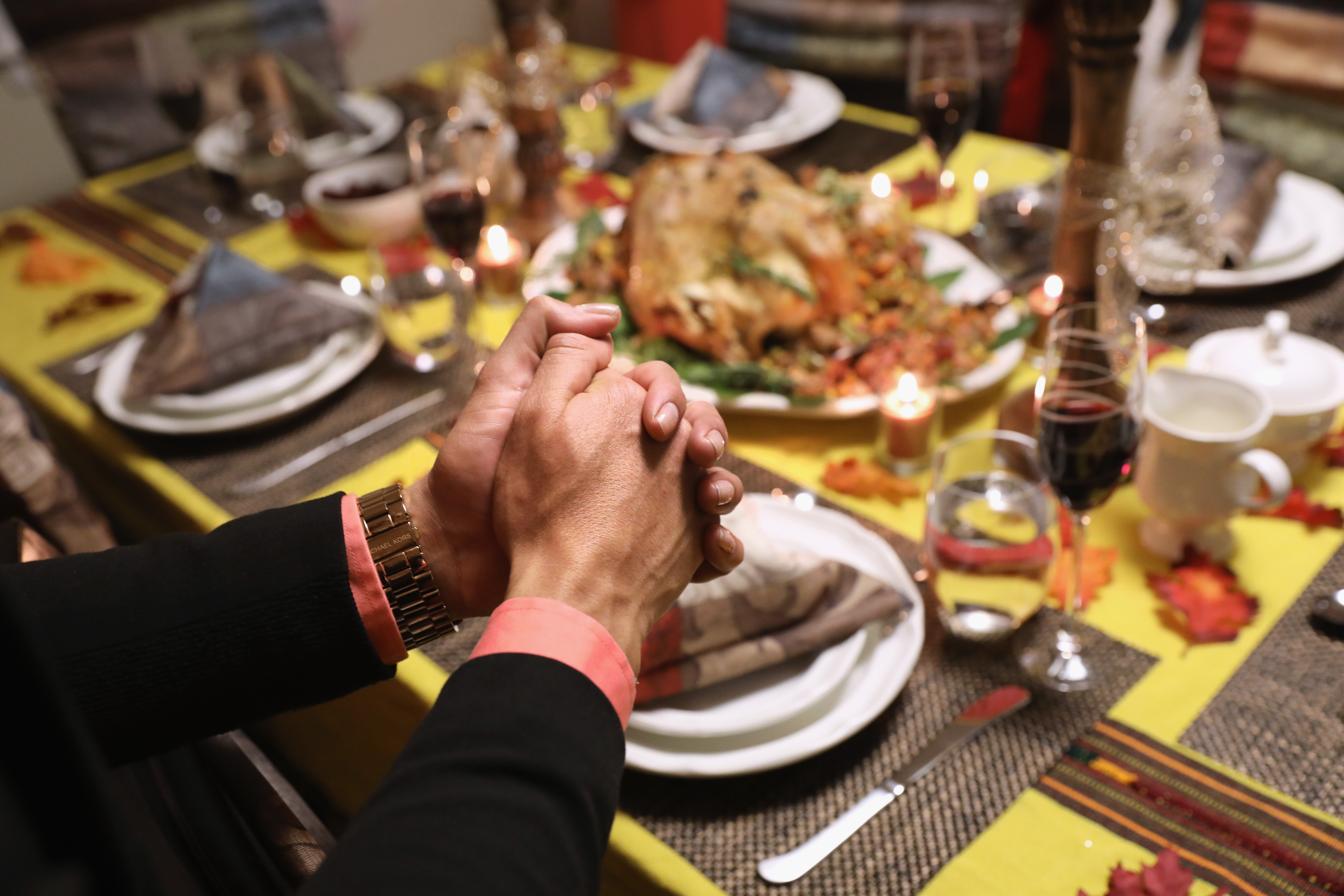
The Case for Arguing Politics With Your Family at Thanksgiving
More than any long-winded rant on Facebook or shouting match with a Twitter egg, I firmly believe that fighting about politics with your family is the best way to overcome any confusion and ennui of this past election. Warring with strangers online may have left us tired and furious, but political disagreement at the dinner table can actually be a political salve—if you let it.
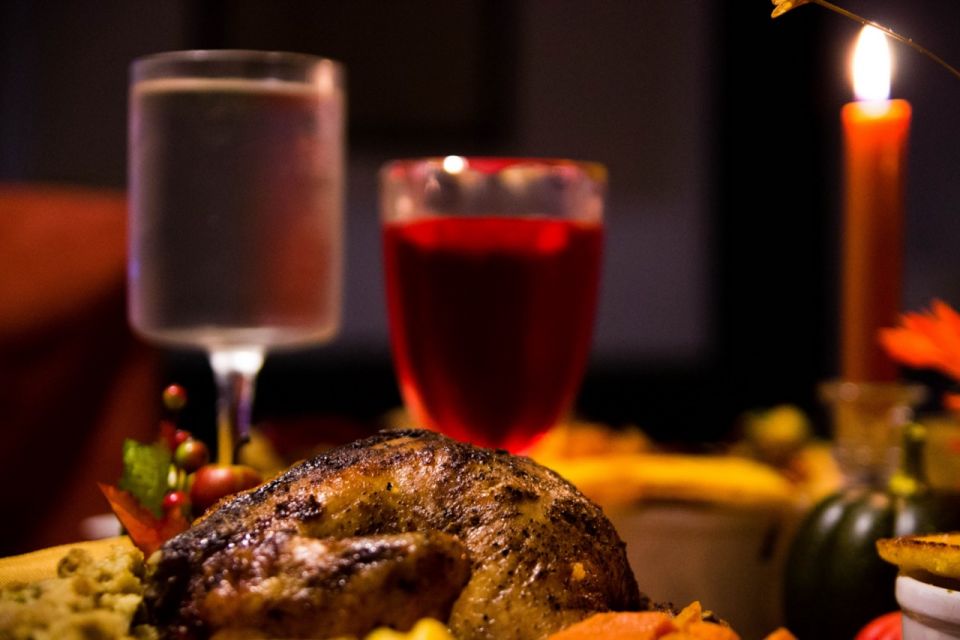
Your Turkey Dinner’s Environmental Impact
Carnegie Mellon University’s Paul Fishbeck, decision science undergraduate Orchi Banerjee, and chemistry graduate student Jon Wilcox found that a standard turkey dinner had the smallest carbon footprint in Vermont, with just 0.2 pounds of carbon emitted per meal, mainly due to many Vermonters’ heavy reliance on renewable energy. Washington, Idaho, and Maine followed behind, with anywhere between eight and 13 pounds of carbon per meal. States that relied heavily on coal for electricity—which many of us use to cook—fared worse.
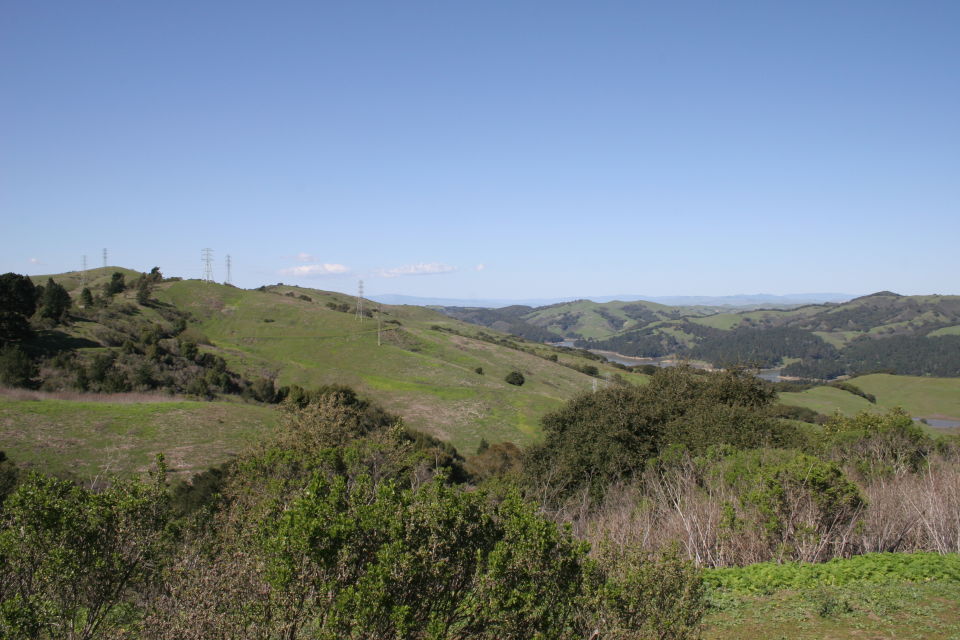
Thanksgiving in Tilden Park: A Kind of Homecoming
It seems only right, then, that my first Thanksgiving back in the U.S. was the moment that compelled me toward a more flexible attitude. Looking forward to a day of stability in a season of newness and uncertainty, I imagined beloved holiday traditions: blearily watching the Macy’s Parade over cereal and coffee, snitching apples coated in butter and brown sugar from the bowl as my father prepared his famous apple pie, and watching my aunt mix her signature stuffing with spring onions and raisins. But instead my parents flew west from Boston to celebrate in Berkeley with longtime family friends. It was time for new traditions, they said.
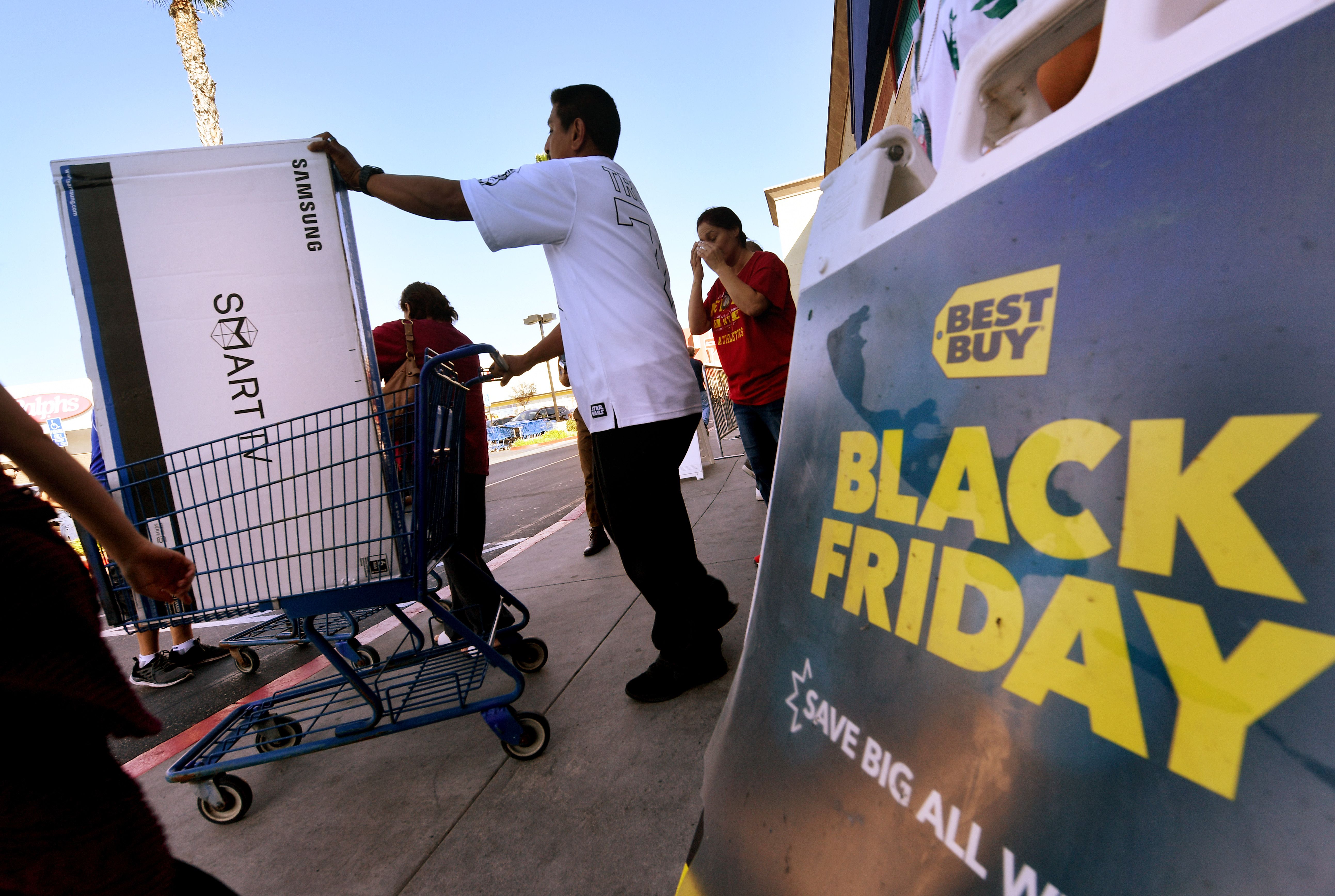
The Loneliness of Black Friday
“A lot of evidence has shown that materialistic people tend to have weaker social ties and are not as socially integrated as less materialistic people,” says James E. Burroughs, a professor of commerce at the University of Virginia and an associate editor at the Journal of Consumer Research. “What Pieters did is take this a step further by showing how it contributes to loneliness—a loneliness that reinforces this problem and drives people toward material objects because they’re easier to deal with than trying to restructure one’s life to bring meaningful relationships into it.”
Now, go enjoy the holiday.



